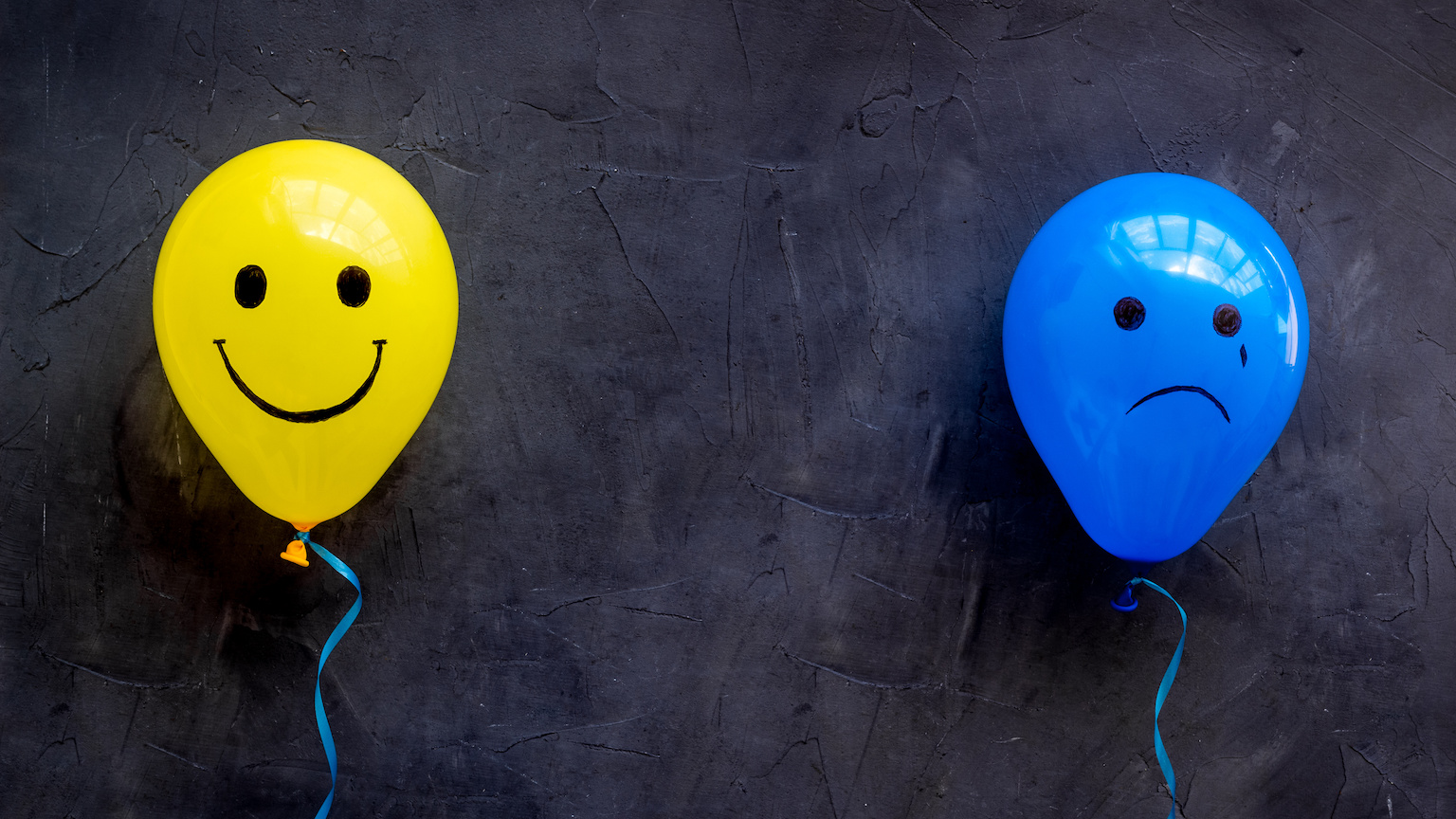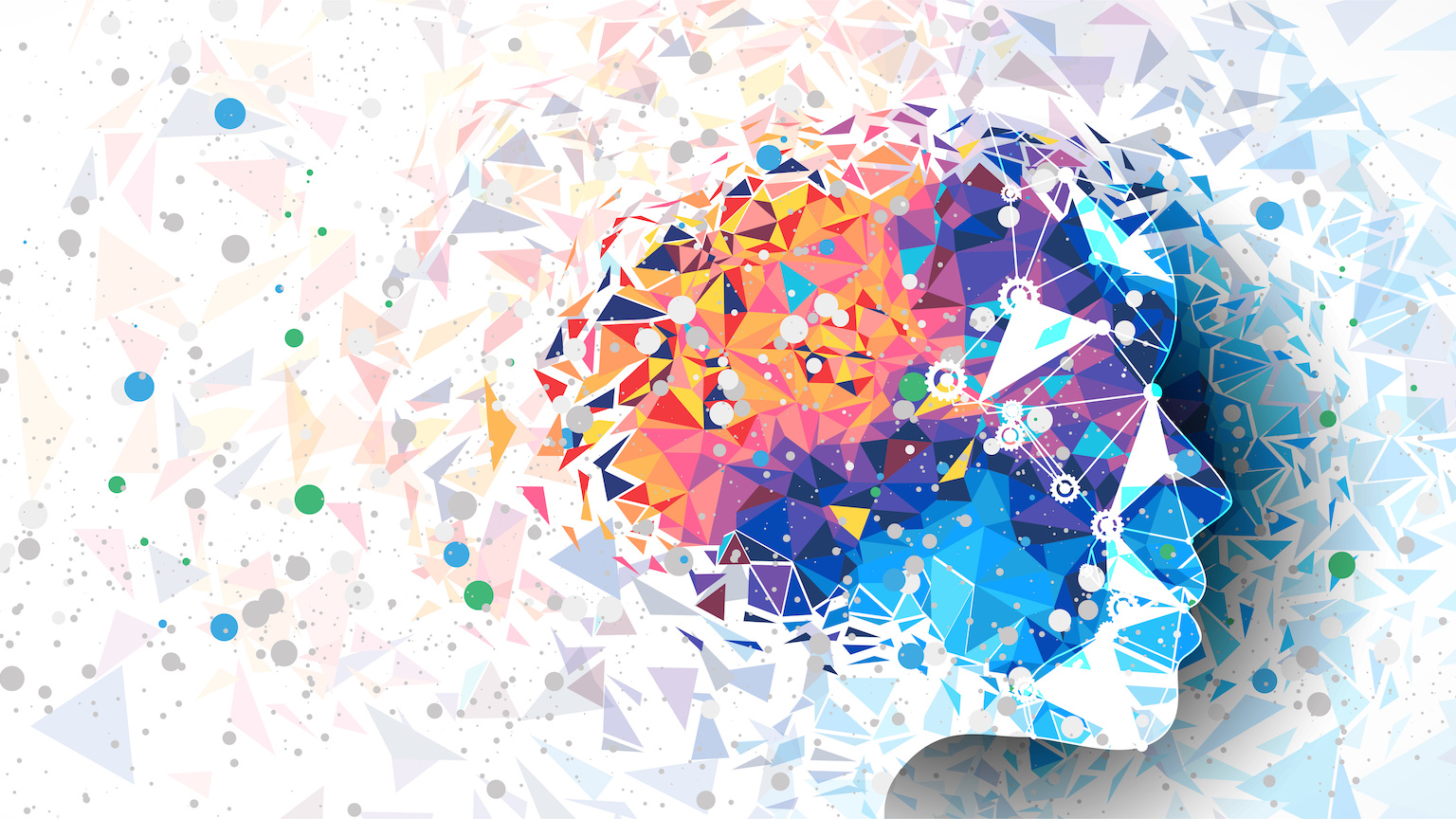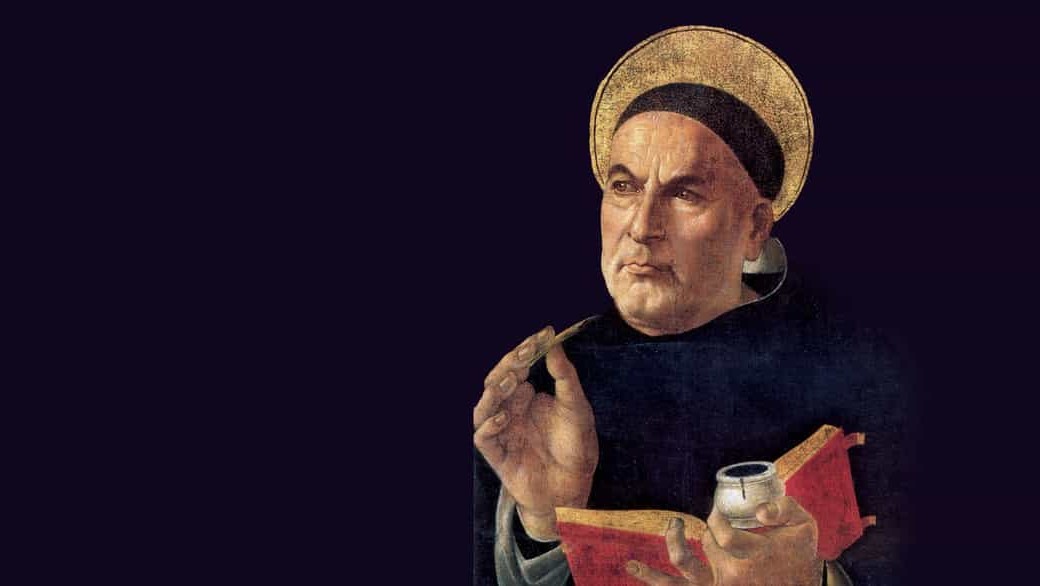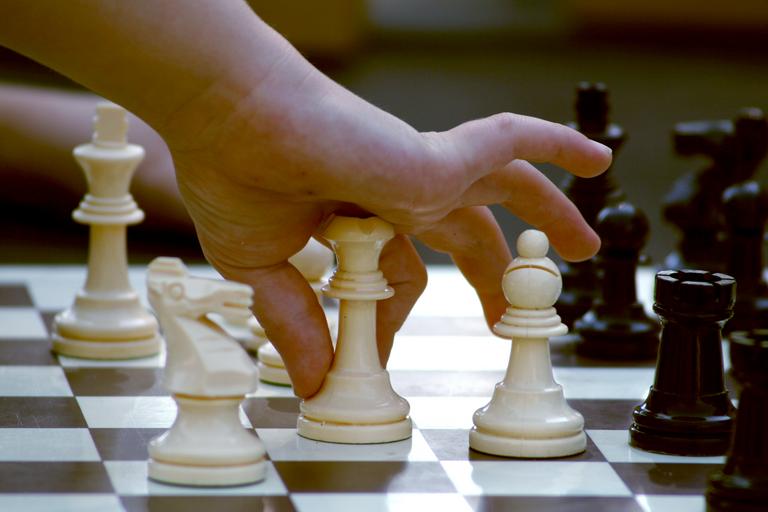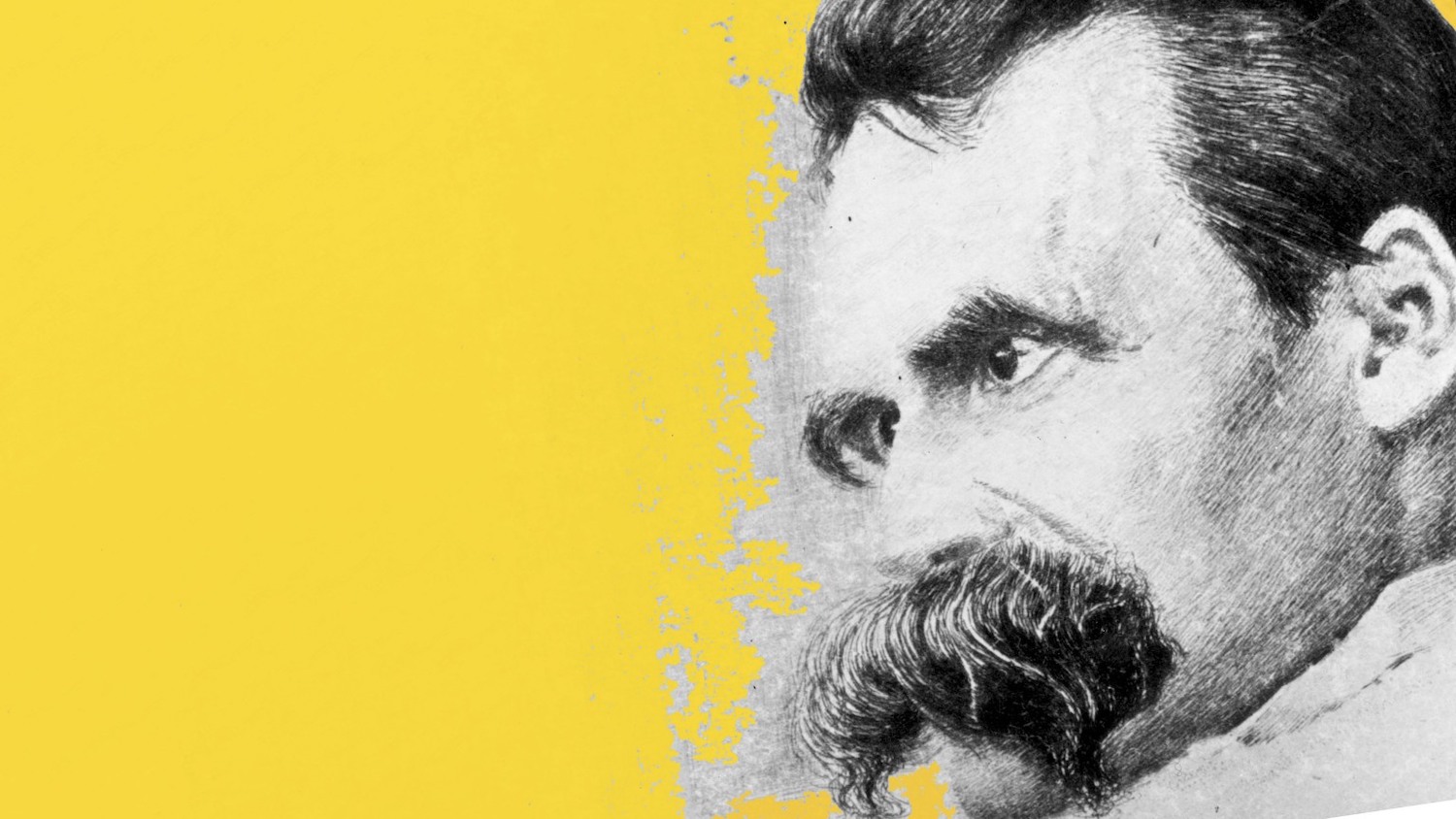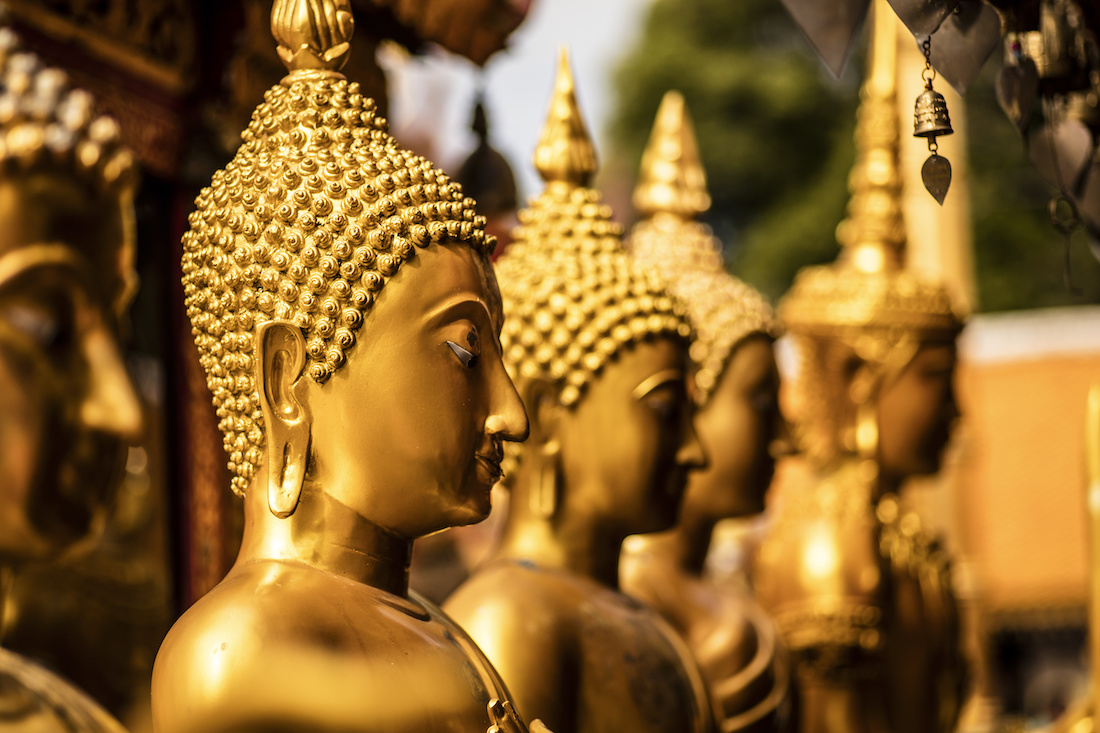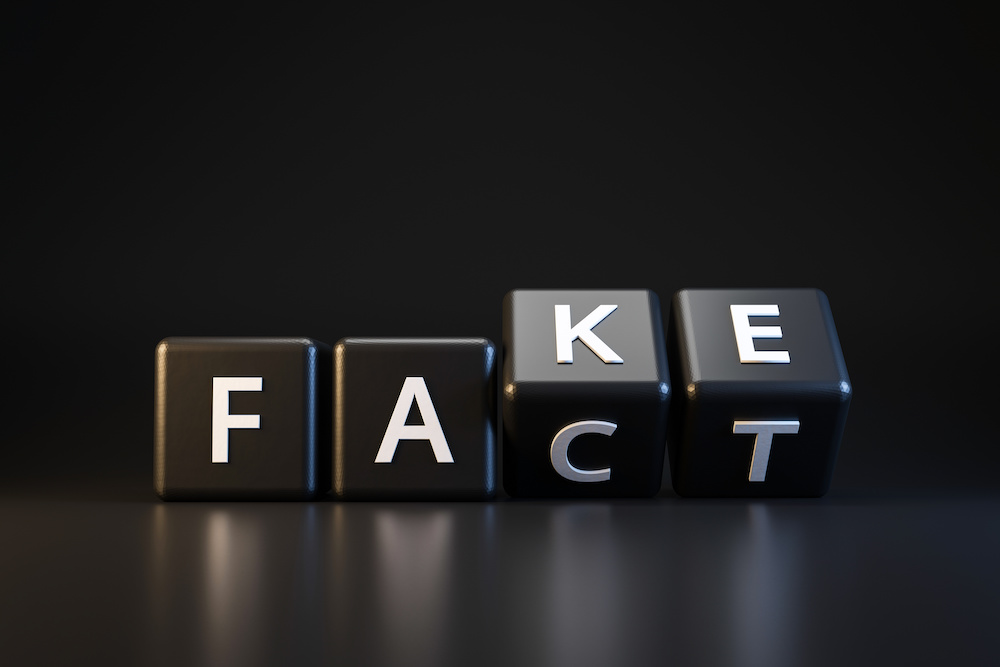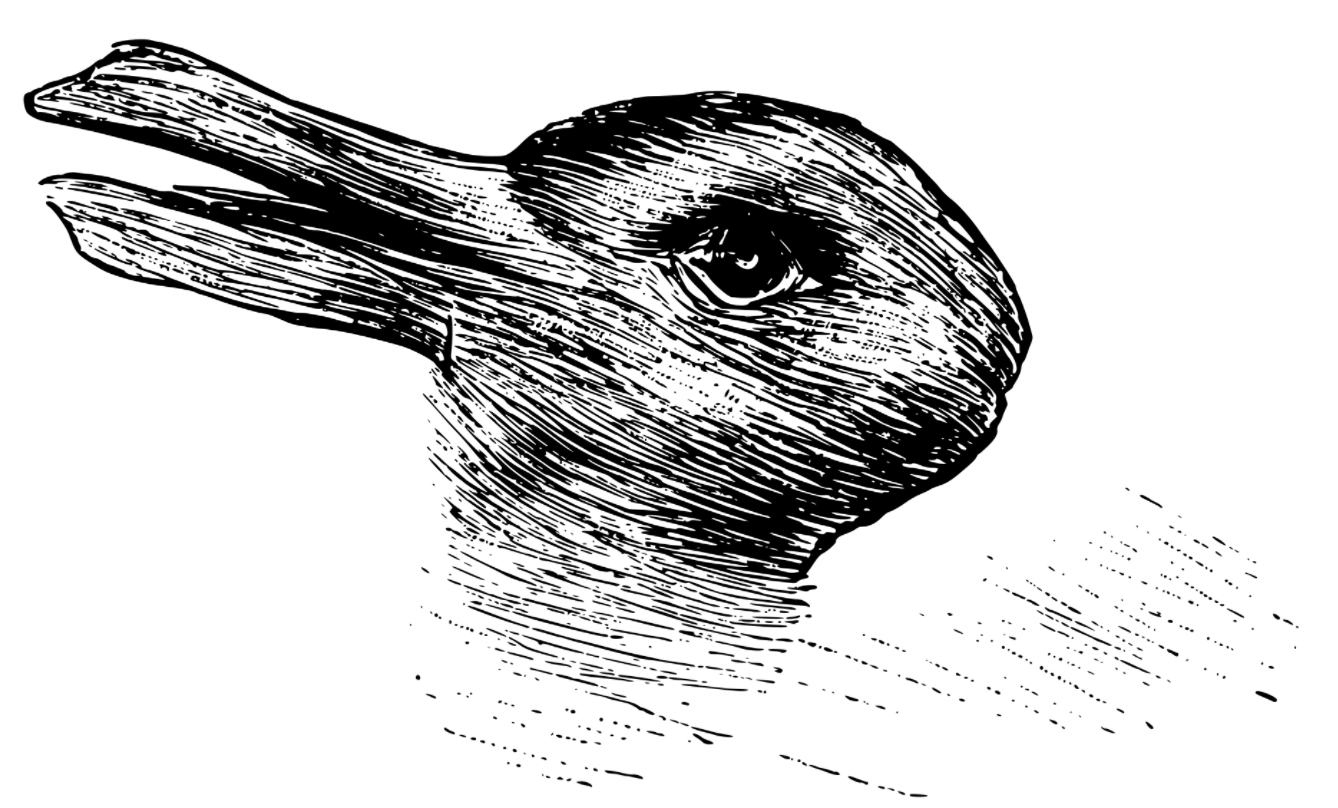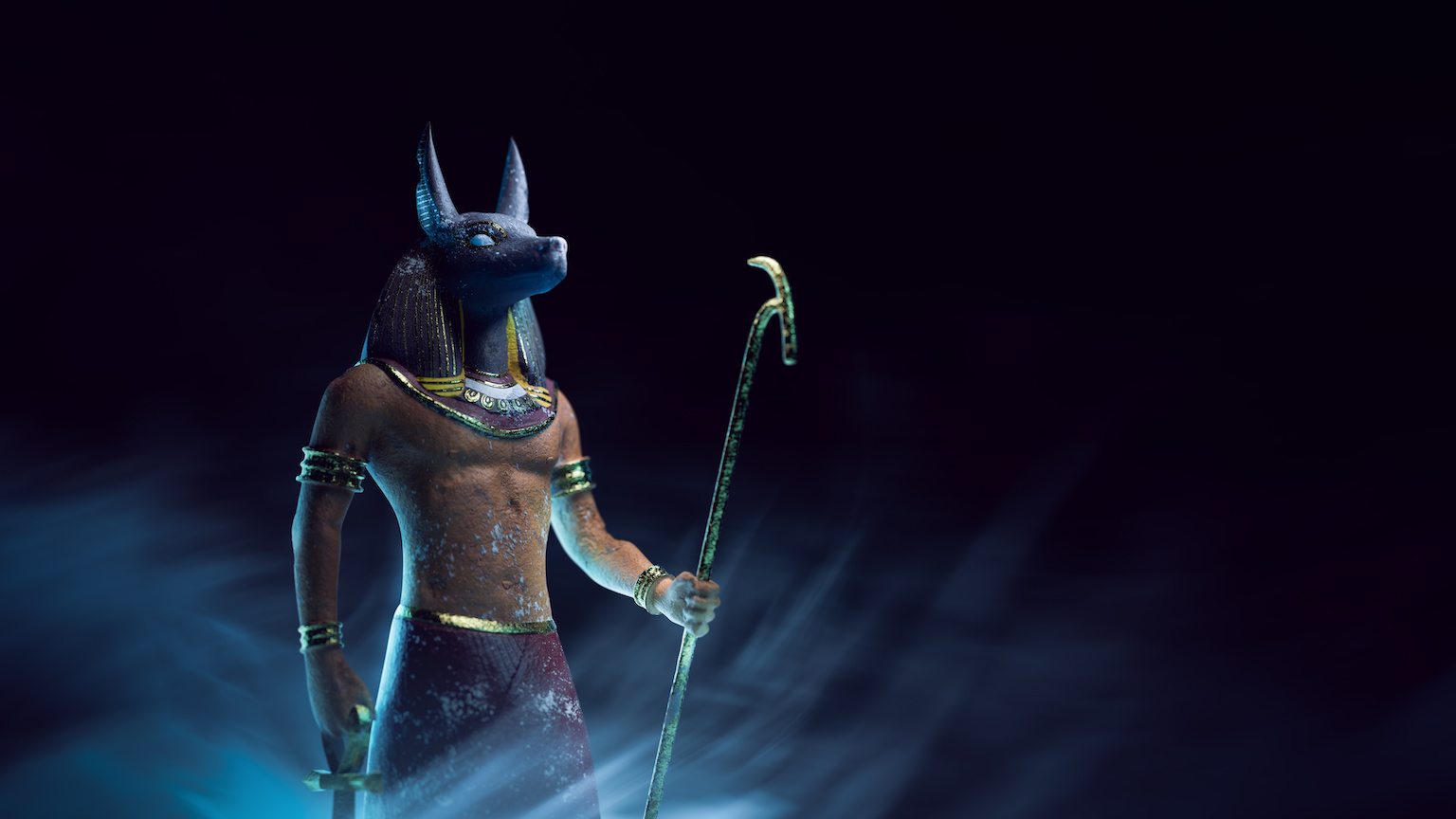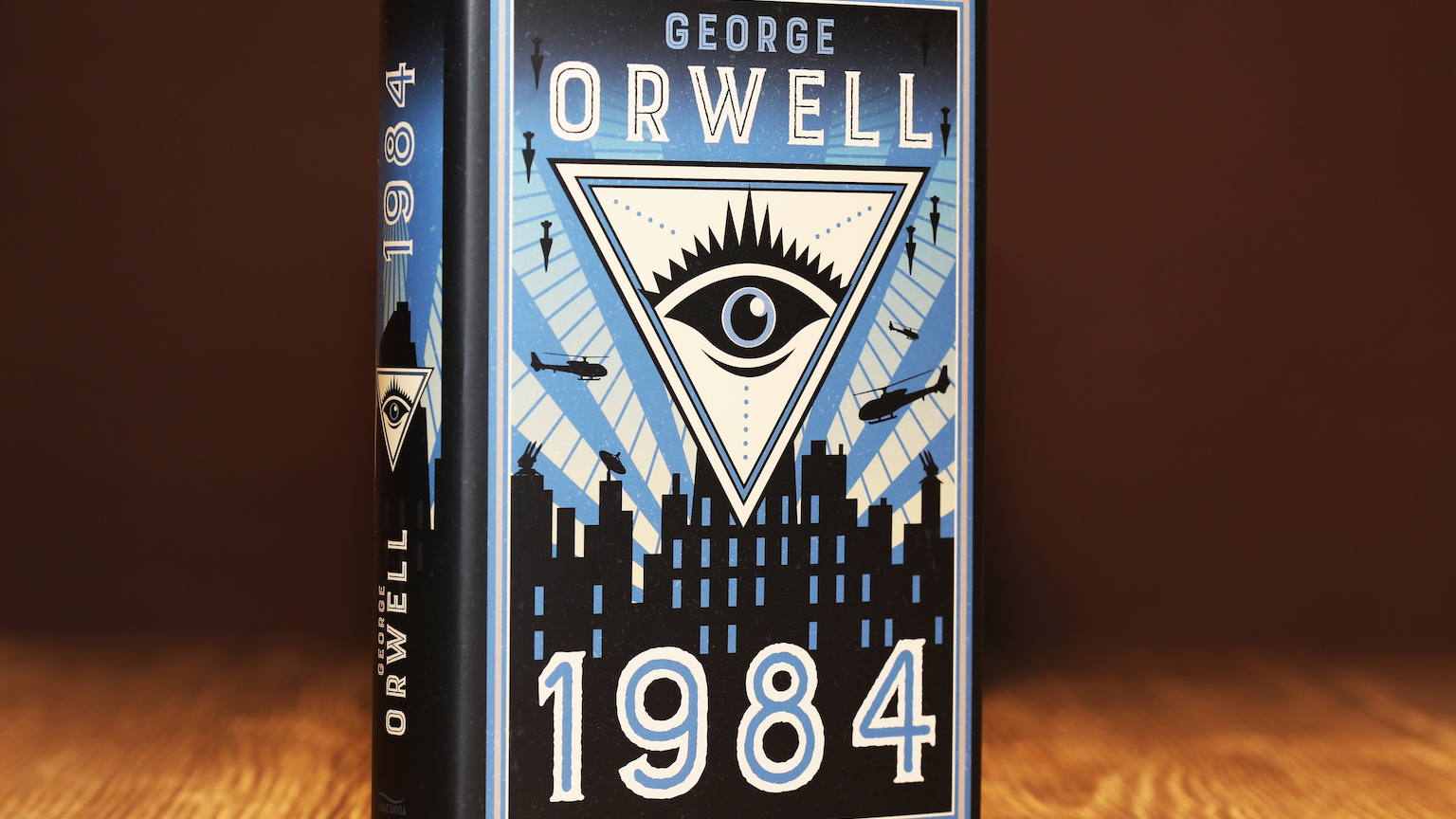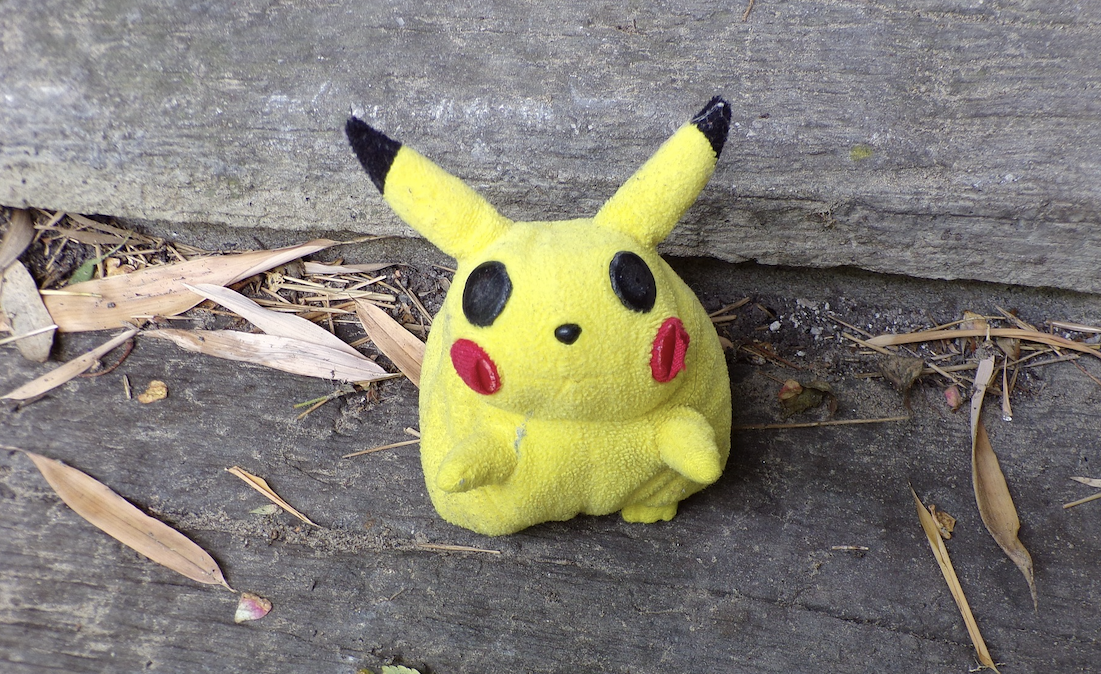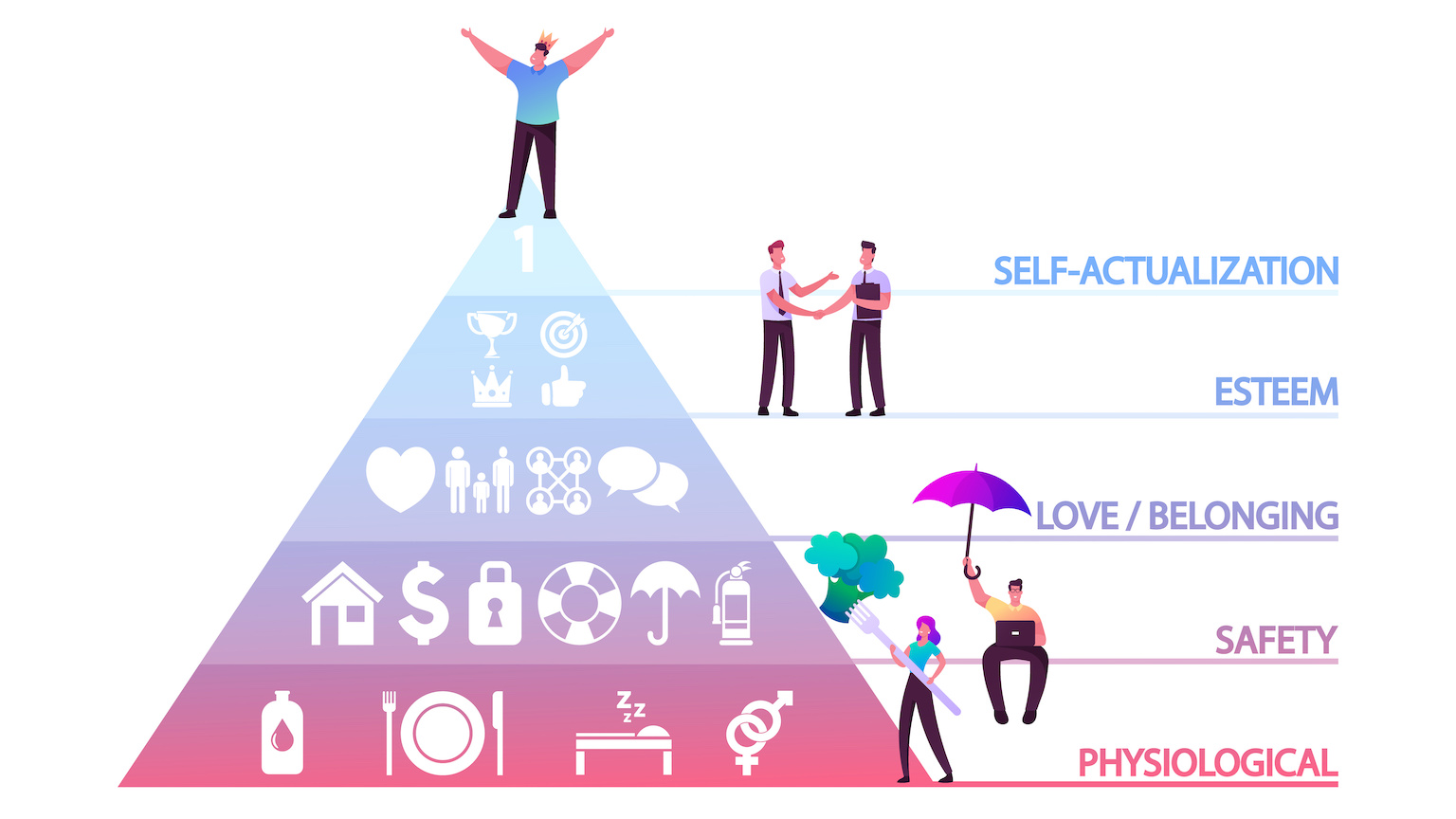Thinking
All Stories
Africa has the most universities in the 2022 rankings with over two thirds of the world’s youngest universities.
“What am I missing?” is a question that journalist Mónica Guzmán thinks more people should start asking.
When we fail to help in a bad situation, we are morally responsible. So, why don’t we pick up others’ litter?
It took a series of ingenious experiments in the 20th century to uncover some of our biggest cognitive biases.
Online Shinto communities have existed since the birth of the internet as we know it.
A lot of research assumes happiness is measured by comfort and material conditions. For Aristotle, it is about being the best we can be.
The gaze of another person can make us conceive of our body as an object.
Religion fosters traits that are helpful in a school system that relies on authority figures and rewards people who follow the rules.
We value human life in a way that assumes we possess a sacred something not found in beings like lambs, turkeys, or mosquitoes.
We forget how unnatural a lot of formal education is. “Learning how to learn” requires bridging the gap between the abstract and the natural.
According to Sigmund Freud, our revulsion at taboos is an attempt to suppress a part of us that actually wants to do them.
Is hope more realistic than despair? Aquinas thinks so.
More than a decade ago, Armenia made chess a required subject in school because it teaches kids how to think and cope with failure. The U.S. should follow suit.
The death of God didn’t strike Nietzsche as an entirely good thing. Without a God, the basic belief system of Western Europe was in jeopardy.
“I need to think about the future. Will you help me?”
Non-Western thought is vast and ancient, so why don’t some consider it philosophy?
Beautiful people really know how to catch a break.
The language you speak plays an important role in how you evaluate truth.
When reading critiques that inflate the uncertainty of science, ask these 7 questions.
Most things in the world can be seen in surprisingly different ways.
Death is the great and terrifying unknown, awaiting us all at the end of this life. Giving it a personality makes it easier to gaze upon.
In Orwell’s dystopian novel, the government uses Newspeak to control thoughts by controlling language. But thoughts do not require language.
Pokémon has people wandering the world to enslave wild and magical creatures so they can fight in painful blood sports. What’s fun about that?
If you want to be an authentic person, embrace reality. Don’t try to clamber your way up Maslow’s hierarchy of needs.
Setting resolutions for the new year means you think the future is up to you — but is it?
In determining what qualifies as solid science, controversy is inevitable.
The gospels imply that Jesus became famous as much for his exorcisms as his ministry.
Jean Paul Sartre summed up the existentialist idea of “bad faith” through a waiter who acted a bit too much like a waiter.
People can lose their authentic selves when they don’t honestly confront life’s potential, according to the philosopher Soren Kierkegaard.
For such a near-universal concept, the definition of “heroism” is difficult to pin down.





